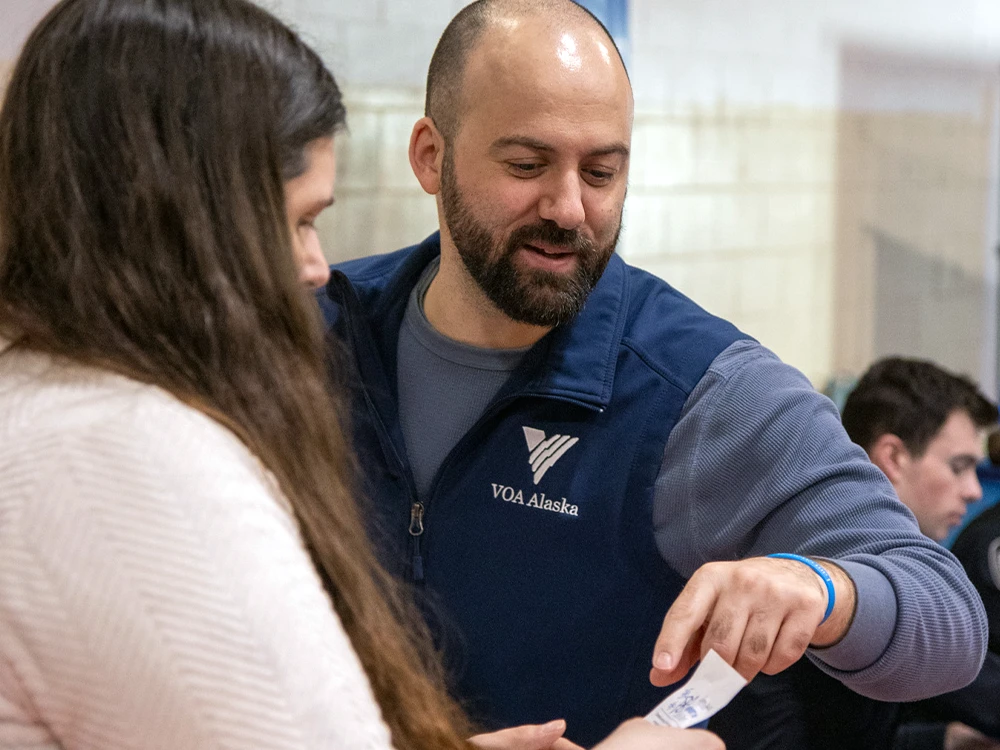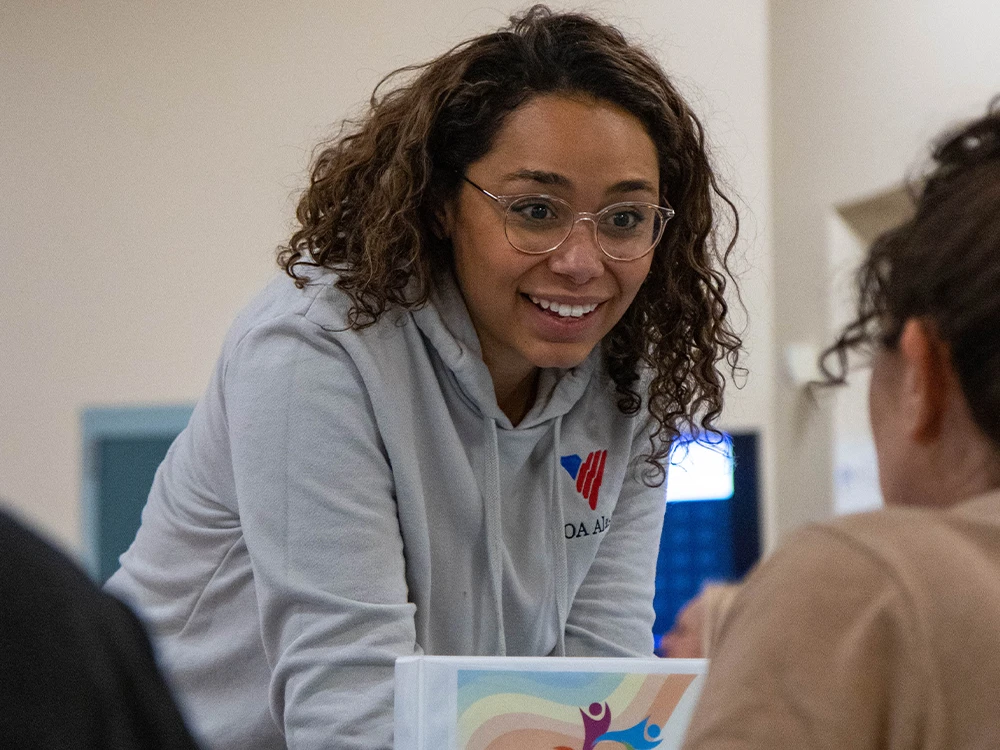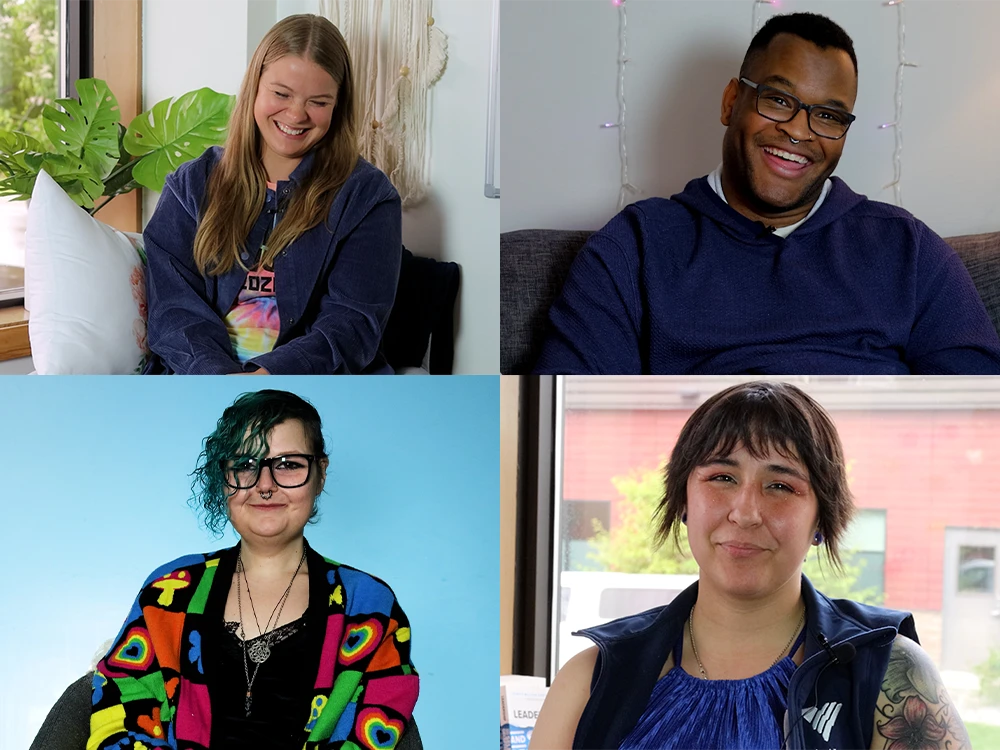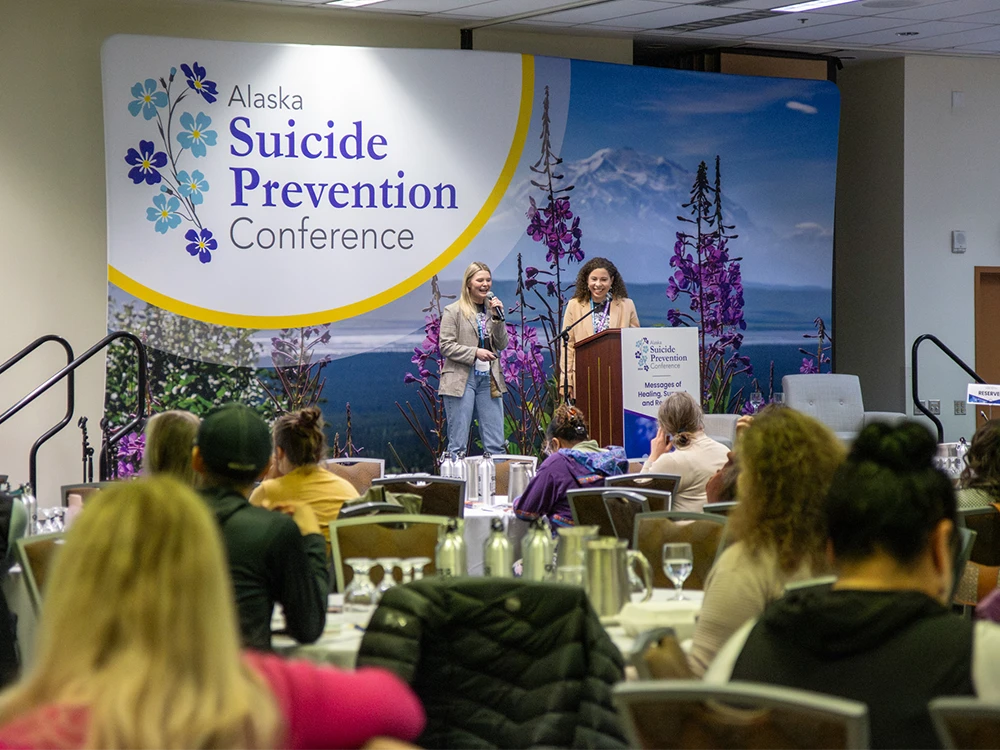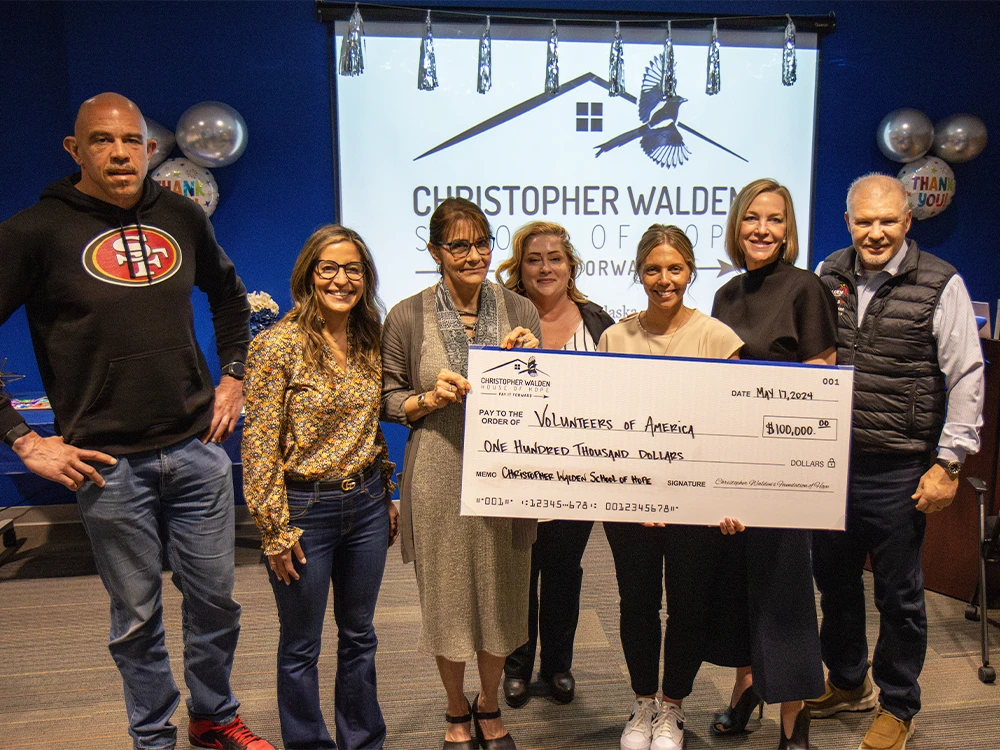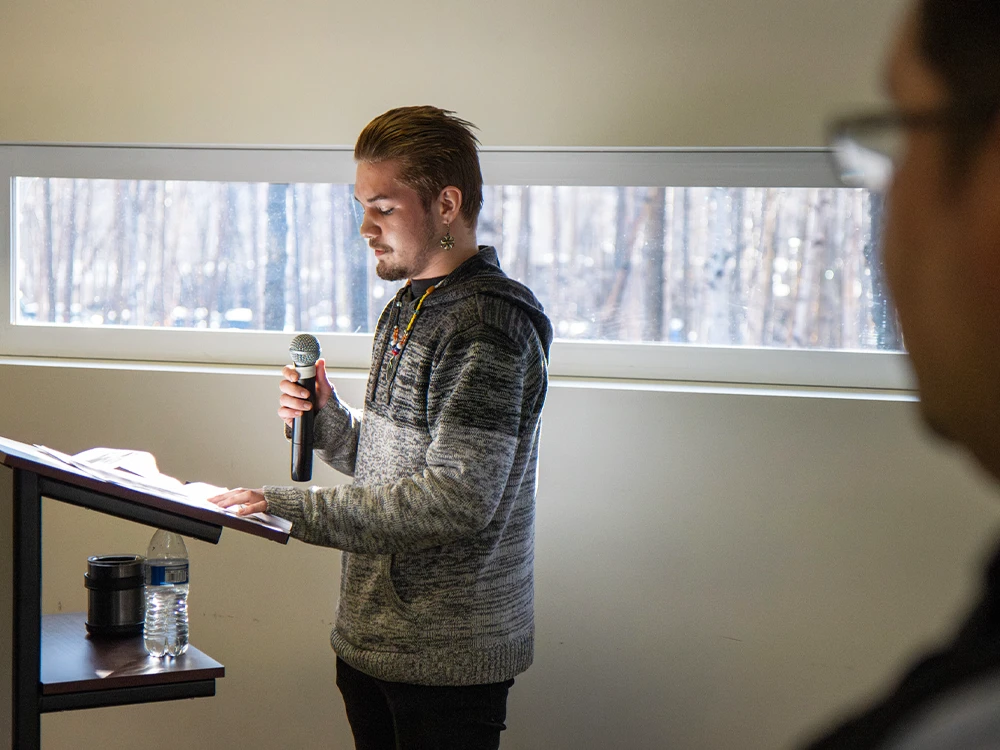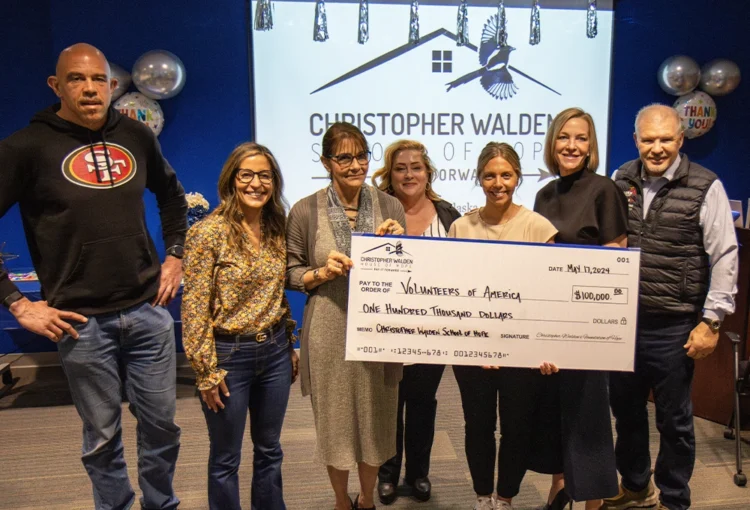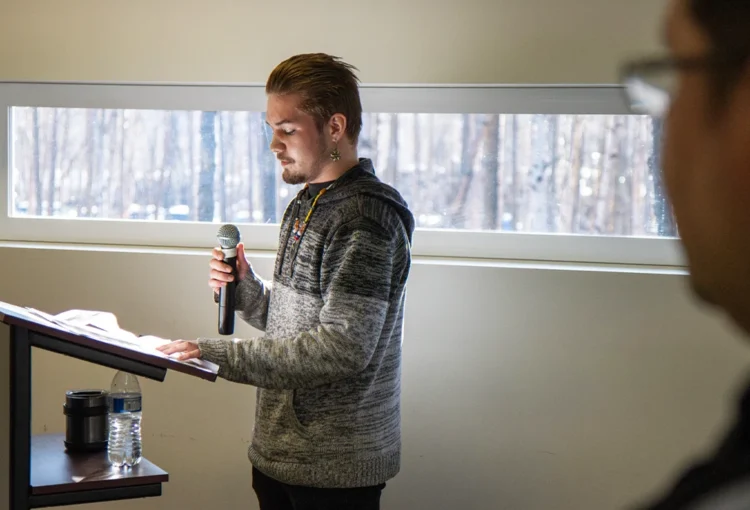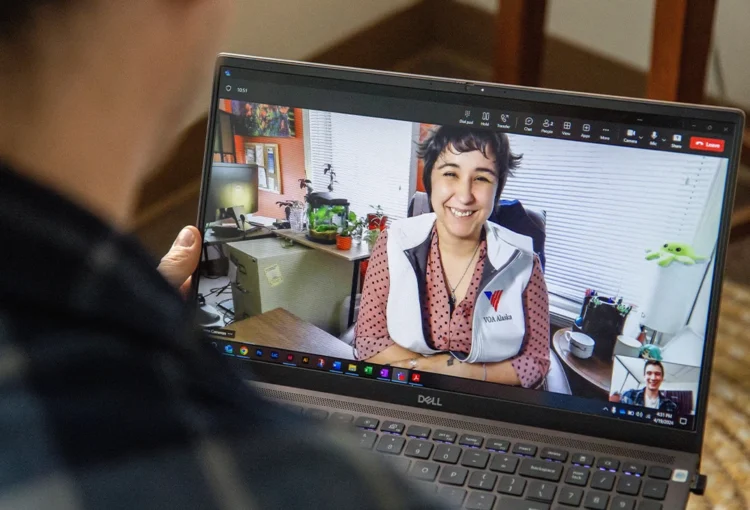As schools reopen, many parents might find their children’s behaviors changed. Julie Falle, one of VOA Alaska’s school-based mental health clinicians, joined Brandy Davenport, an Elementary School Counselor for ASD, to collect some helpful tips for returning nervous students to classes this month.
“Even in the absence of a pandemic,” Brandy says, “the return to school can trigger anxiety in many students.” This can be especially true for younger students who may not have the vocabulary or coping practice to adjust to changes in routine. “The goal is to not allow the fear to control them or prevent them from attending school.” Avoidance can reinforce and often worsen fear, making it more difficult to face those same fears in the future.
How to Make a Plan with Your Child
Parents can help their students by creating a plan with their child and the school. Here are a few tips:
- Help your child identify the feeling and specific fear—have them draw if they find it difficult to put into words.
- Let them know it is okay to have these feelings.
- Include them in finding solutions.
- Remind them that they have many helpful people at their school.
- Remind them to be patient with the uncomfortable feeling and hopeful that it will get better.
How to Help Your Child Stay Calm
It’s important for your student to be calm when you are communicating these things. You may need to encourage them to take coping breaks when they start to feel worried. Here’s what that can look like:
- Deep breathing.
- Mindfulness—being fully present in the moment and aware of the feelings.
- Drawing or coloring for a few minutes.
- Counting to a certain number.
- Imagining a favorite place or memory.
- Repeating coping statements like “It’s normal to be nervous,” “I will make it through the day,” or “I am safe, I am calm, I can handle this.”
How to Find Extra Support for Your Child
If you feel your child’s worries are excessive and have been present for longer than 4 weeks, they may be experiencing a form of anxiety and could benefit from a behavioral health assessment. VOA Alaska provides comprehensive assessments and therapy for children 12 years of age or older (and a case-by-case basis for younger children) to assist with identifying and alleviating symptoms of anxiety and other mental health challenges.
It only takes one call to speak with a caring professional and be connected with the care you and your family need. Call us today at (907) 279-9640, or click here to fill out a brief form and someone will contact you as soon as possible.
If your child is 11-years-old or younger, reaching out to your school or pediatrician for more information may be your best route for services. Remember, you are not alone. Together, we will get through this.
For further reading:
Your Adolescent – Anxiety and Avoidant Disorders | American Academy of Child and Adolescent Psychiatry


